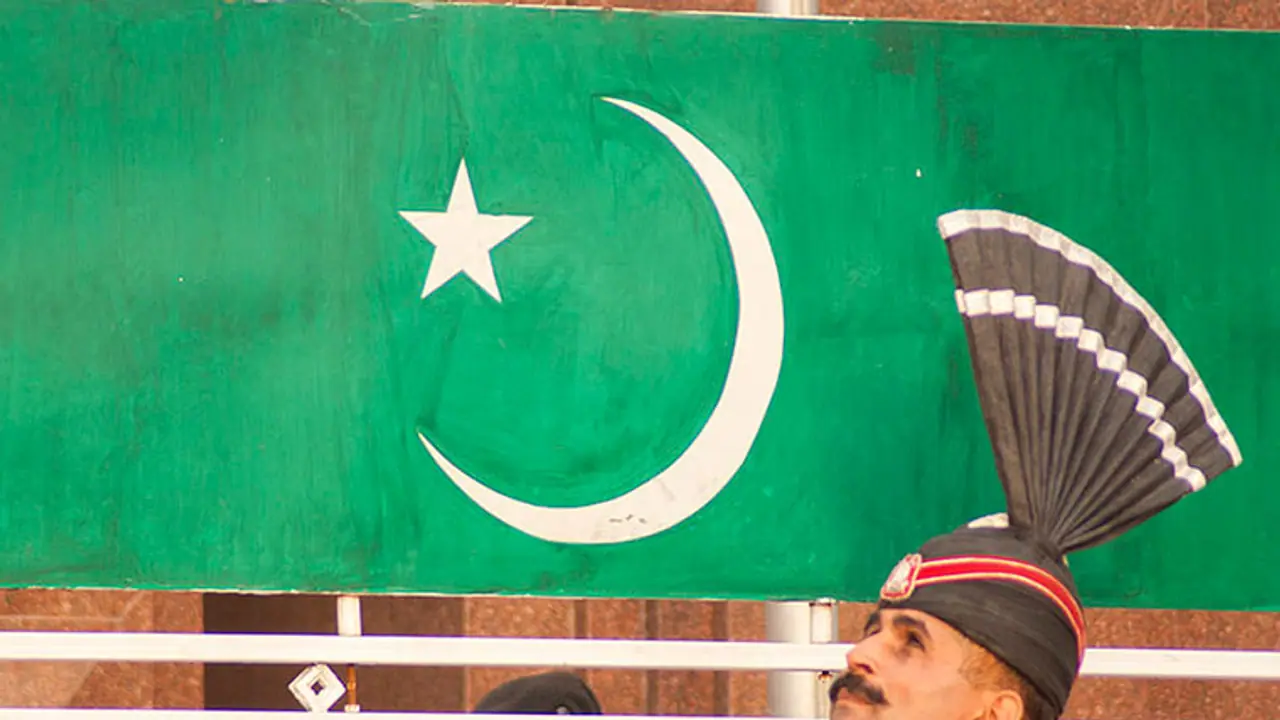India alone may not bring about change in Pakistan, feels Aparna Pande, director, Initiative on the Future of India and South Asia, Hudson Institute. She also added that Pakistan tends to think of itself as indispensable to the world Unless rest of the world joins India, Pakistan will continue to play games

"India alone may not able to bring about change in Pakistan's behaviour. Pakistan tends to think of itself as indispensable to the world: too important for the rest of the world to ignore.Thus unless the rest of the world is willing to join India, Pakistan will only continue to play games with India, assured by the prospect of lining up others behind it in its games," said Aparna Pande, director, Initiative on the Future of India and South Asia, Hudson Institute, a think-tank.
As other experts at a panel discussion here urged India to come up with policies to address Pakistan's concerns, Pande emphatically argued that in Pakistan, the psychological need for imaginary threats from New Delhi will not go away as a result of India's policies. "Pakistan needs to threaten India and feel threatened by it to maintain its national identity. That makes normal policy responses ineffective," she said. The military's institutional interests require that Pakistan continue to attract international attention through terrorism and nuclear weapons, she added.
"Nothing short of fear of the unraveling of Pakistan or the prospect of global isolation will make the military rethink its fundamental worldview. India has to remain the enemy, Kashmir must continue to be the casus belli. Nuclear arms must be brandished both to mobilise Pakistani nationalism and to keep India at bay," Pande said. "The world must be persuaded to remain engaged with Pakistan on Pakistan's terms, without changing Pakistani behaviour. Promises must be made to be broken because no one can do anything about it any way," she said.
Pande warned that the reluctance to understand the Pakistan military's mindset and worldview as the core issue in India-Pakistan non-relations leads to ideas that look good on paper but will only lead to frustration down the road. Pande was participating in a panel discussion on the launch of a book titled "Not War, Not Peace: Motivating Pakistan to Prevent Cross-Border Terrorism," by George Perkovich and Toby Dalton of the Carnegie Endowment for International Peace. Former Assistant Secretary of State for South Asia Robin Raphel also spoke on the occasion.
Responding to the argument in the book that "the condition of 'no war' is unsustainable if 'no peace' is the core of either state's policy",Pande said one must look for an answer to the question who gains by a 'no war, no peace' status. "It is Pakistan's security establishment," she stressed. Since there is no war the Pakistani military does not need to fight but the permanent state of conflict- 'no peace' - keeps the military pre-eminent, she noted.
"Perhaps we need to come to terms with that reality and wait for the internal dynamics of Pakistan to play themselves out. Instead of complex interaction, India needs to just patiently wait for Pakistan to feel the pain of its slowly growing isolation or collapse under the weight of its own policies," Pande said. "Until Pakistan and its military reinvent themselves, India's better option is to deal with Pakistan like South Korea deals with North Korea, notwithstanding the many easily identifiable differences between North Korea and Pakistan," she said.
Noting that changing Pakistan's behaviour involves changing the fundamental nature of the Pakistani state, Pande said expecting India to do that alone may be a bridge too far. The analysis presented in book show that there are no clear solutions that India can unilaterally pursue to end the threat of violence from Pakistan. Some are more or less likely to be effective at greater or lesser risk and cost to India.
"Only a combination of Indian coercive and nonviolent policies and capabilities, paired with a willingness to bargain, can motivate Pakistan to remove the threat of violence. And just as threat of force alone will not work for India, neither will support or tolerance of anti-India terrorism enable Pakistan to get what it wants from India," authors of the book argue.
